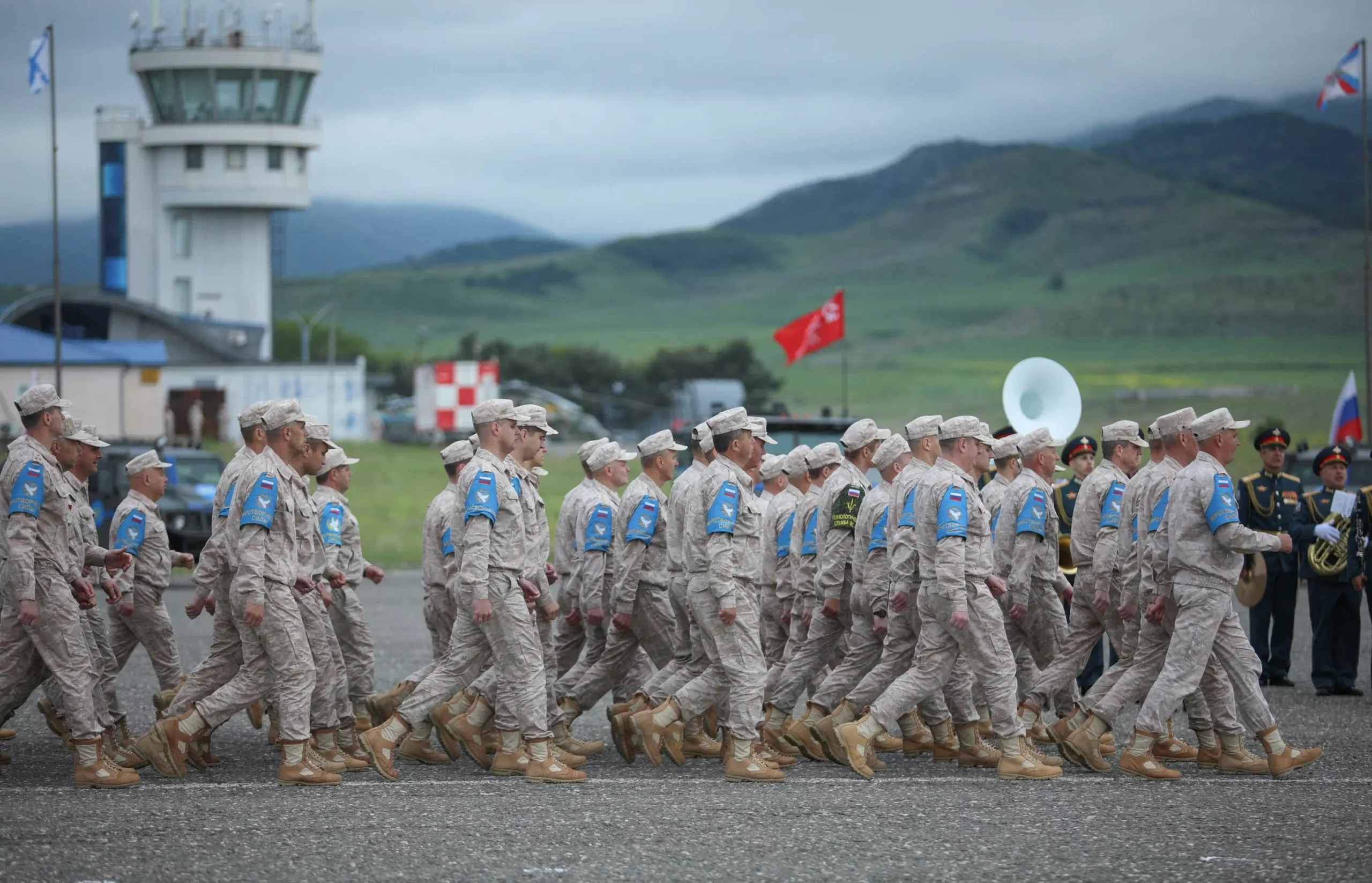Armenia’s Prime Minister Nikol Pashinyan has announced his government’s intention to withdraw from the Collective Security Treaty Organization (CSTO), a security alliance led by Russia. The decision has sparked intense debates and reactions within the country and the international community. However, Pashinyan remains determined and positive about this move, stating that it is in the best interest of Armenia’s national security and independence.
The CSTO, which was formed in 1992, includes six post-Soviet states – Russia, Armenia, Belarus, Kazakhstan, Kyrgyzstan, and Tajikistan. It was created to counter external military threats and promote cooperation among its member states. However, Pashinyan believes that the organization no longer serves its intended purpose and has become a tool for Russia to exert its influence in the region.
In a recent interview, Pashinyan highlighted how the CSTO has failed to effectively address security issues in the region, particularly in the ongoing conflict between Armenia and Azerbaijan over the Nagorno-Karabakh region. He stated, “We have no reason to remain in an organization that does not provide security guarantees for Armenia.” This statement clearly reflects the government’s belief that the CSTO has not fulfilled its responsibilities towards its members.
Moreover, Pashinyan also mentioned that the CSTO has not taken a clear stance on the Nagorno-Karabakh conflict, even though it involves two of its member states. This has caused frustration and disappointment within the Armenian government and its citizens. The lack of support from the organization has forced Armenia to rely heavily on its own military and diplomatic efforts to defend its land and people.
The decision to withdraw from the CSTO is not a sudden one. The Armenian government has been evaluating the effectiveness of the organization for some time now. In fact, Pashinyan’s predecessor, Serzh Sargsyan, had hinted at the possibility of withdrawal in 2016. However, it was under Pashinyan’s leadership that the decision was finalized, showing a bold and decisive approach towards protecting Armenia’s national interests.
The move to withdraw from the CSTO has received both support and criticism from different parties. Some believe that Armenia’s decision will have negative consequences, while others see it as a step towards strengthening the country’s sovereignty and independence. Despite the criticism, Pashinyan has assured that Armenia will continue its close relations with Russia and participate in bilateral and multilateral agreements for regional security.
It is essential to understand that Armenia’s decision to withdraw from the CSTO is not driven by any anti-Russian sentiment. The country has maintained a strong relationship with Russia, and the two nations have a long history of cultural, economic, and military cooperation. However, Armenia’s government believes that the country’s national interests must be prioritized, and the decision to withdraw from the CSTO is a reflection of that.
Apart from the Nagorno-Karabakh conflict, Armenia also faces other security challenges, such as the ongoing tension with neighboring Azerbaijan and the country’s strained relations with Turkey. By withdrawing from the CSTO, Armenia will have more flexibility and autonomy in dealing with these issues. It will also have the opportunity to strengthen its alliances with other regional and international actors and diversify its security options.
In conclusion, Armenia’s decision to withdraw from the CSTO is a strategic move that aims to safeguard the country’s national interests and promote its sovereignty and independence. Prime Minister Pashinyan’s government remains determined to pursue a foreign policy that puts Armenia’s interests first and is not afraid to take bold decisions to achieve this. With the support of its citizens and the international community, Armenia will continue to navigate through the complex security landscape of the region and emerge as a stronger and more independent nation.





![Complete BritRail Pass Guide [Types, How to Use It, Pros + Cons]](https://inside-news.uk/wp-content/uploads/2025/06/00221EB4-BCA2-4DBB-6CD4-83DBC37D71FA-120x86.webp)
















